- Your cart is empty
- Continue Shopping

Product
Fenbendazole
Frequently called Fenben or Panacur, is a benzimidazole class anthelmintic medication. It’s been in use worldwide since its discovery in 1974. During the last few decades, it’s been observed that fenbendazole as well as comparable drugs demonstrated a significant anti-cancer impact.buy fenbendazole 222mg 90 capsules online
That brought theories that this listed de-wormer for dogs may be reused as corresponding anti-cancer medication. Actually, benzimidazole class drugs may perform similarly as a broad range of contemporary chemotherapeutic medications like Taxol and vinca alkaloids. The accessible toxicological data indicates that fenbendazole appears to be well accepted in people after oral contact, though there are few studies with humans.
Under typical circumstances, unadulterated fenbendazole is available in a powder format, and is a whitish hue with weak water solubility.
This drug has a low reabsorption in the bowels. Bioavailability may be enhanced by the existence of food in the stomach.
How does fenbendazole work?
Fenbendazole was initially intended to treat parasites by selectively impeding the production of microtubules via fastening to β-tubulin. That prevents the polymerization of tubulin dimers in parasite cells and brings on their death.
Amazingly, it appears fenbendazole along with other types of benzimidazoles shows a comparable effect when pitted against tumor cells. At present it’s believed there are three key methods in how fenbendazole destroys cancer cells:
1) Apoptosis induction. This anti-tumor effect is thought to be done via a collaboration of the medicine with the β-tubulin, which leads to stopping the cell cycle along with being cytotoxic.
Stopping tubulin polymerization into microtubules via benzimidazole carbamates in the helminths as well as in human tumor cells has been well verified.
2) Stoppage of glucose usage in cancer cells. Cancer cells are well-known for having an immense uptake of glucose. Cancer cells typically use glucose two hundred times quicker than normal cells because of aerobic glycolysis (the Warburg effect). That is revealed in PET scans – the metabolically functional sites, that use additional radioactive glucose is clearly observed and usually believed to be inflammation or cancerous tumors.
Fenbendazole restricts cancer cell feeding with sugar via restricting the uptake of glucose, reducing the quantity of GLUT transporters (channels that bring glucose into the cancerous cells from the blood) as well as the enzyme Hexokinase II. Hexokinase II is crucial for the survival of cancer cells. It supports the tumours and helps them thrive via producing additional sugar and speeding up lactic acidosis inside the extracellular matrix.buy fenbendazole 222mg 90 capsules online
Furthermore, restarting the protein p53 additionally prevents fuel genertion for cancer. When p53 is returned, it prevents the expression and actions of GLUT1 and GLUT4 transporters (glucose gates“) in the cells.
3) Revival of the p53 gene. This work process is yet comparatively controversial, and additional studies must be performed to show fenbendazole triggers this action.
Nevertheless, there’s an escalating amount of research which have confirmed the reality that fenbendazole may actually boost the strongest tumor suppresser in the human body – p53.
It’s understood that an elephant has twenty copies of the p53 gene in its genome, but people only have a single copy. Curiously, that’s why an elephant develops cancer less often than people. In spite of these animals being large in size, a bigger number of cells as well as a larger amount of possible genetic mutations.
4) Cancer cells do not create a chemo-opposition to fenbendazole. What is fascinating, cancer cells can’s escape this de-wormer medication and adjust to its existence. Regrettably, this occurs in many more chemotherapy and biological therapy drugs.
The key process of chemoresistance is whenever cancer cells adjust to being able to expel the medications from themselves through unique drug efflux pumps known as P-glycoproteins. Fenbendazole isn’t a target for p-glycoproteins, therefore it can’t be expelled from cancer cells when it gets in them.
Consequently, the tumors do not create any opposition against fenbendazole, it still stays efficient and will still destroy cancer cells, not like paclitaxel, vinblastine, docetaxel, vincristine or additional kinds of chemotherapies.


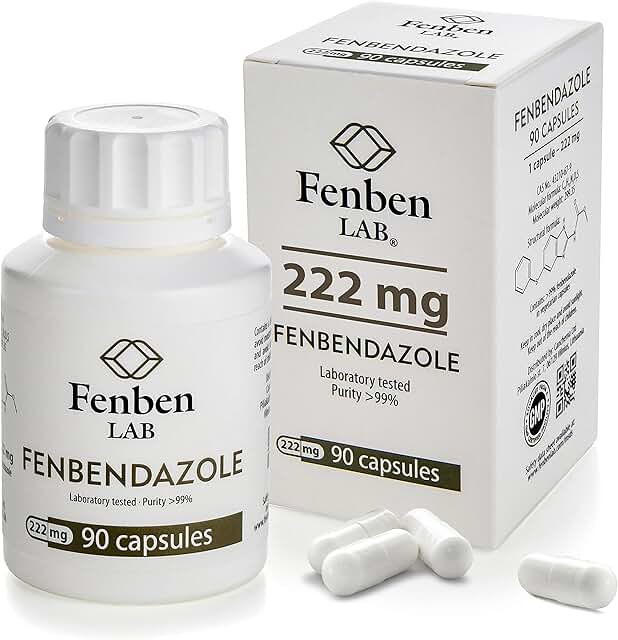
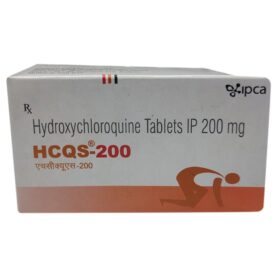
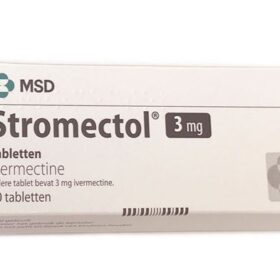
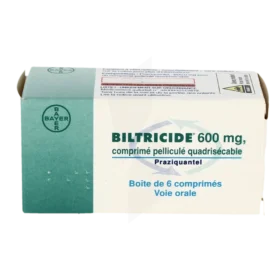
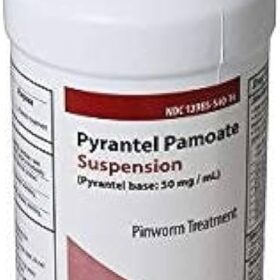
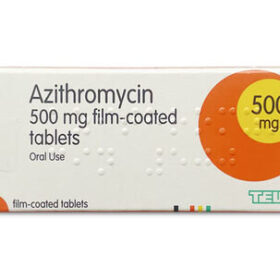
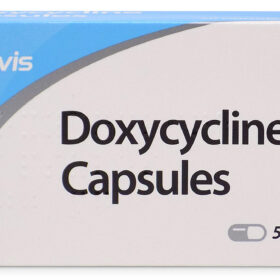
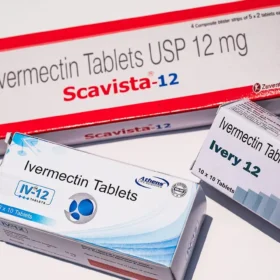
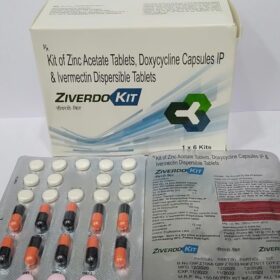
Reviews
There are no reviews yet.